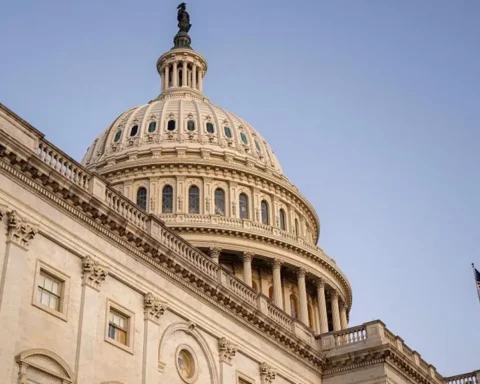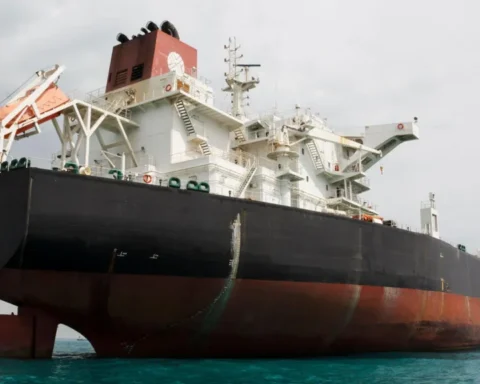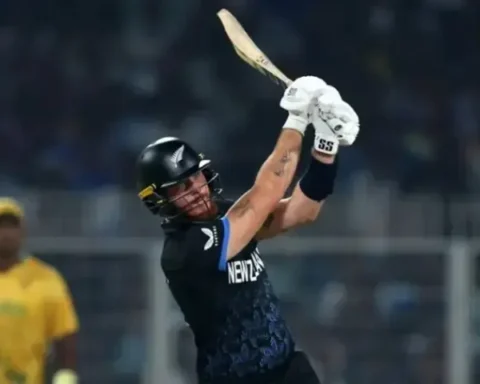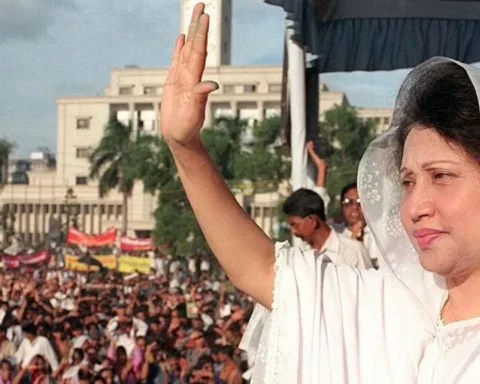Bloc says rationing is necessary amid Russian ‘blackmail’ but some member states have rejected the proposal.
The European Union’s executive branch has urged member states to cut back on gas usage by 15 percent until March as fears mount that Russia may stop supplying the energy source to the bloc in the coming months.
Moscow has already curtailed exports of natural gas – used to power factories, generate electricity and heat homes – to the EU following its invasion of Ukraine in late February, as its relations with the West have deteriorated sharply.
On Tuesday, a day before the European Commission unveiled its proposal for cutbacks, Russian President Vladimir Putin warned that supplies could yet be further reduced.
The developments have come against the backdrop of volatile relations between Moscow and the EU over the latter’s political, economic and military support for Kyiv amid Russia’s offensive.
Here is what you need to know:
What has the EU proposed?
The Commission said member states should cut their gas usage by 15 percent from August to March, compared with their average consumption in the same period during 2016-2021.
Brussels could make the target mandatory if it deemed there was a substantial risk of severe shortages in the bloc – in the event of Russia turning off the taps completely, for example.
The proposal needs approval from a reinforced majority of EU countries – at least 72 percent of its 27 member states, so 19 or more ones – for it to be adopted.
It will be voted on at a meeting of the bloc’s energy ministers on July 26.
Why has the bloc put forth this plan?
The EU is acting because it is concerned that Russia may halt its gas exports to impose severe economic and political pressure on the bloc’s member states in the winter ahead, deepening an energy standoff between the two sides.
Russia has already reduced supplies significantly, cutting supplies to several member states – including Poland, Bulgaria, the Netherlands, Denmark and Finland – over their refusal to comply with the Kremlin’s demands for gas payments to be made in roubles.
It also slashed flows through its Nord Stream 1 pipeline to 40 percent of capacity last month, citing technical problems that it said were caused by sweeping Western sanctions imposed after it launched what it calls its “special military operation” in Ukraine.
The pipeline, which leads to Germany, was shut in July for 10 days in order for maintenance work to be carried out, causing supplies to Europe to plunge. It was reopened on Thursday, with flows from Russia back at the 40 percent capacity mark.
The resumption came a day after Ursula von der Leyen, the president of the European Commission, accused Russia of “blackmailing the bloc” and “using energy as a weapon”.
She warned member states that they needed to prepare for a “potential full disruption of Russian gas” and called on them to save supplies in order to quicken their filling of storage facilities in anticipation of what she said were “likely” cutbacks ahead.
“This is a big ask for the whole of the EU – but it is necessary to protect us,” von der Leyen told a news conference in Brussels on Wednesday.
How has the EU’s plan been received by member states?
Despite the ongoing uncertainty over supplies from Russia, several EU countries have expressed their opposition to the bloc’s proposal for cutbacks in gas usage.
Poland and Spain came out against the plan within 24 hours of it being put forward.
Spanish Energy Minister Teresa Ribera said on Wednesday her country would not back the proposal as it does not depend on Russian gas.
Ribera’s Portuguese counterpart, Joao Galamba, said on Thursday his government was also “totally against” the rationing.
He told Portugal’s Expresso newspaper that the EU proposal did not address the specific hydropower needs of Spain and Portugal, which due to a current drought were being forced to produce more electricity through gas-fired plants.
“The European Commission’s proposal … does not take into account the differences between countries,” Galamba said, adding that the Iberian peninsula, which does not depend on gas piped from Russia, remains an energy “island” with little energy interconnection with the rest of Europe.






